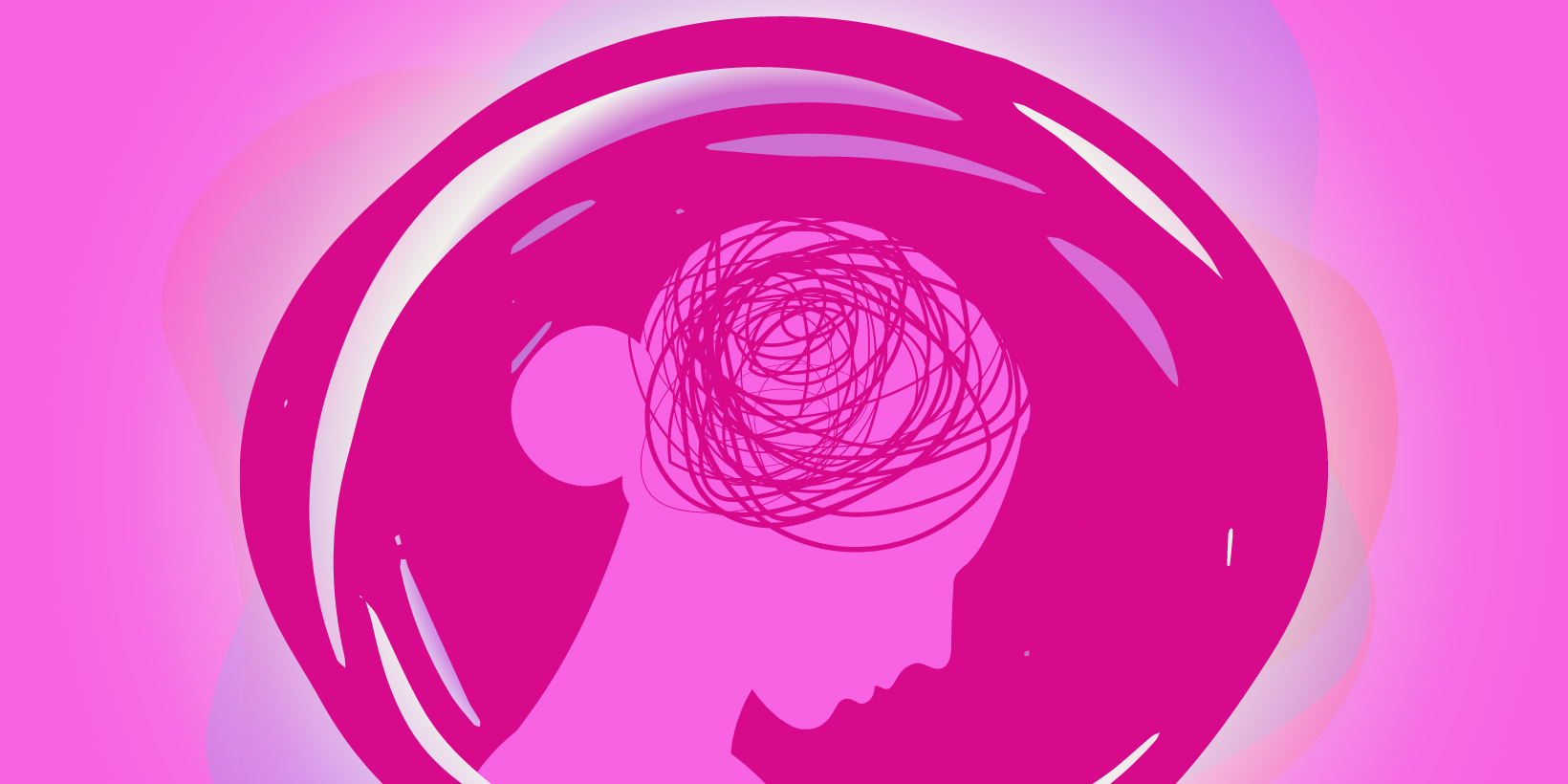Written by: Maya Galinsky
Flow and Mental Glow: how menstruation and mental health are linked.
For many people who menstruate, periods can be a challenging time. Pain, discomfort, and hormonal changes can impact daily life and mood. However, what many people don’t realize is that menstruation can also have an impact on mental health. Therefore, let us explore the connection between periods and mental health and discuss some ways to break the stigma around menstruation.
Menstruation and Mental Health: What's the Connection?
Studies have shown that menstruation can impact mental health in various ways. One common mental health issue that can be linked to menstruation is premenstrual syndrome (PMS). PMS is a group of physical and emotional symptoms that occur in the days leading up to menstruation. These symptoms can include mood swings, anxiety, irritability, and depression (Mayo Clinic, 2022). According to a study by Woods and colleagues (2016), women with PMS have a significantly increased risk of developing depression compared to women without PMS.
Additionally, menstruation can also impact mood disorders such as depression and anxiety. A study conducted by the National Institute of Mental Health found that menstruating people were more likely to experience symptoms of depression and anxiety compared to those who were not menstruating (National Institute of Mental Health, 2021). Another study by O’Brien and colleagues (2011) reported that 41% of women with PMS have a history of major depressive disorder.
The hormonal changes that occur during the menstrual cycle can impact neurotransmitters, which can contribute to mood changes (Mayo Clinic, 2022). A study by Epperson and colleagues (2013) found that the levels of the neurotransmitter GABA, which is involved in anxiety regulation, fluctuate across the menstrual cycle and may contribute to the development of premenstrual mood disorders.
Breaking the Stigma
Despite the prevalence of menstrual-related mental health issues, there is still a stigma around discussing periods and mental health. Many people feel embarrassed or ashamed to talk about these issues, which can lead to a lack of understanding and support.
To break the stigma, it’s essential to have open and honest conversations about periods and mental health. Educating ourselves and others about the impact of menstruation on mental health is a crucial step in normalizing the conversation. This can include sharing information about PMS, anxiety, depression, and other mental health issues related to menstruation.
Another way to break the stigma is to create safe spaces for people to discuss their experiences. This can include online support groups, local meetups, or even just talking to a friend or family member. By creating a supportive environment, people who menstruate can feel more comfortable discussing their experiences and seeking help if needed.
Final Thoughts
Menstruation can impact mental health in various ways, and it’s time to break the stigma around discussing these issues. Educating ourselves and others, creating safe spaces for discussion, and advocating for mental health support can help menstruate people feel more comfortable and supported to share.
References:
Epperson, C. N., Gueorguieva, R., Czarkowski, K. A., Stiklus, S., Sellers, E., Krystal, J. H., & Rothman, D. L. (2013). Preliminary evidence of reduced occipital GABA concentrations in puerperal women: a 1H-MRS study. Psychopharmacology, 230(3), 347-353.
Mayo Clinic. (2022). Premenstrual syndrome (PMS). Retrieved from https://www.mayoclinic.org/diseases-conditions/premenstrual-syndrome/symptoms-causes/syc-20376780
National Institute of Mental Health. (2021). Mental health medications. Retrieved from https://www.nimh.nih.gov/health/topics/mental-health-medications/index.shtml
O’Brien, P. M., Backstrom, T., Brown, C., Dennerstein, L., Endicott, J., Epperson, C. N., … & Rapkin, A. (2011). Towards a consensus on diagnostic criteria, measurement and trial design of the premenstrual disorders: the ISPMD Montreal consensus. Archives of Women’s Mental Health, 14(1), 13-21.
Woods, N. F., Smith-DiJulio, K., Percival, D. B., & Tao, E. Y. (2016). Depressed mood during the menopausal transition and early postmenopause: observations from the Seattle Midlife Women’s Health Study. Menopause, 23(11), 1232-1239.

